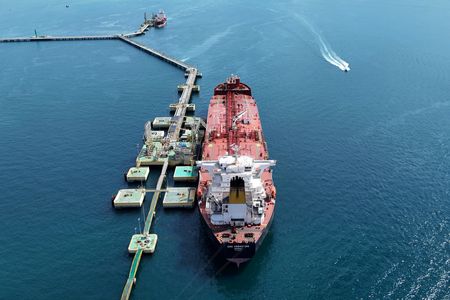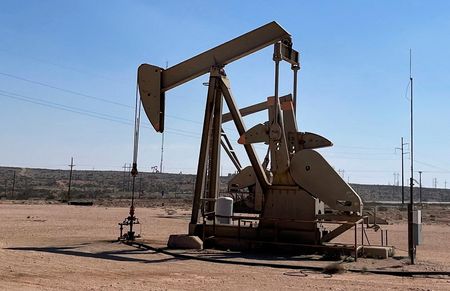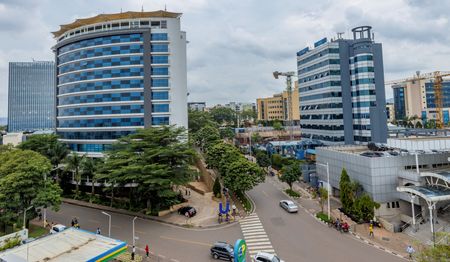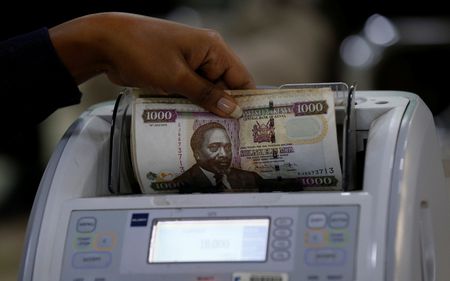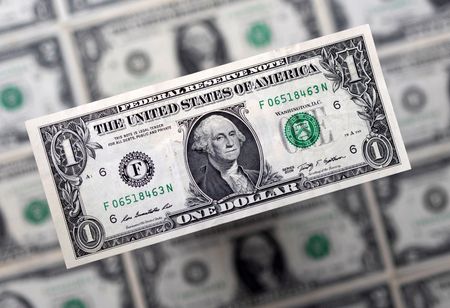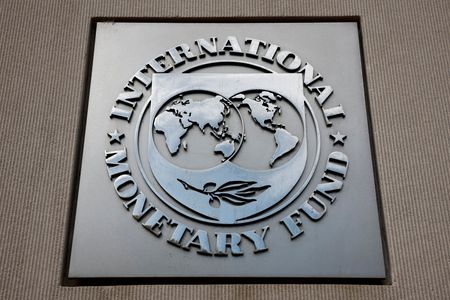SINGAPORE (Reuters) -Chinese cobalt smelters have ample supplies of the battery-making material despite the export ban imposed by the world’s top producer, the Democratic Republic of Congo, in late February, delegates at an industry conference said this week.
Downstream users in China, the top consumer of the metal, have intermediate products stocks that will last between two weeks and six months, Shirley Wang, general manager at Shanghai Metals Market, told Cobalt Congress 2025 in Singapore.
“Large-scale users in China are with six months of stocks, though small-scale companies, with half a month stocks, will have to buy from the spot market at higher prices,” Wang said on Thursday.
Congo imposed its four-month export ban to address global oversupply and revive prices for the metal used in making batteries for electric vehicles and mobile phones.
The ban has helped lift cobalt prices to around $16 a pound, from $10 at the end of 2024.
Chinese traders are also well-stocked with cobalt metal, with total volumes equivalent to 12 months of demand, Wang said.
Four delegates from Chinese smelters said on the sidelines of the conference that their cobalt supplies were steady and little affected by Congo’s ban.
One of the four delegates said the stockpiles may peak in June, since it typically takes four months for cobalt to reach Chinese ports from mines in Congo.
Patrick Luabeya, head of Congo’s regulatory agency for mineral substances, said on Wednesday the country may impose strict curbs on cobalt when the current export ban ends.
“Our ban is to make sure that at the end of the day, supply meets demand, but we have noticed that supply has not been affected to consumers,” Congo’s mines minister, Kizito Pakabomba, said in an interview at the event.
For 2025, cobalt oversupply is expected to persist, said Wang of Shanghai Metals Market, with total supply up 6% to 327,000 metric tons, driven by cobalt produced as a byproduct from nickel and copper mining.
Wang expects cobalt demand this year of about 237,000 tons, up 0.3% from 231,000 tons last year. Oversupply is likely to persist until at least 2030, she said, with supply at 390,000 tons that year and demand at 264,000 tons.
Indonesia, the second-largest cobalt producer, expects to double its production capacity by 2027 and has no plans to control supply, a senior government official said this week.
(Reporting by Hongmei Li; Editing by Tony Munroe and Tom Hogue)

